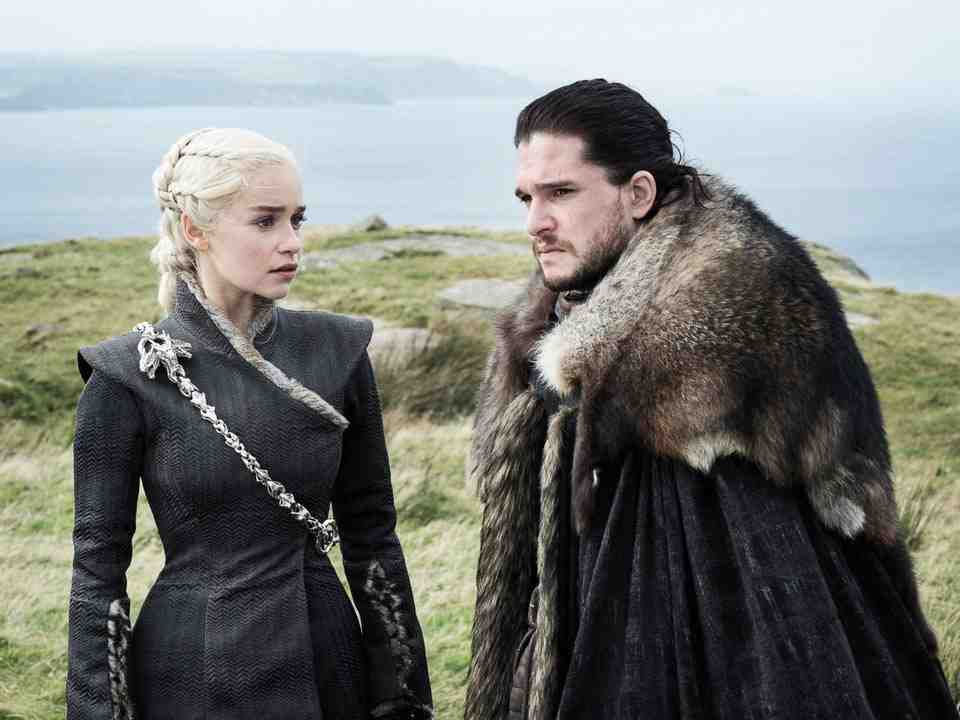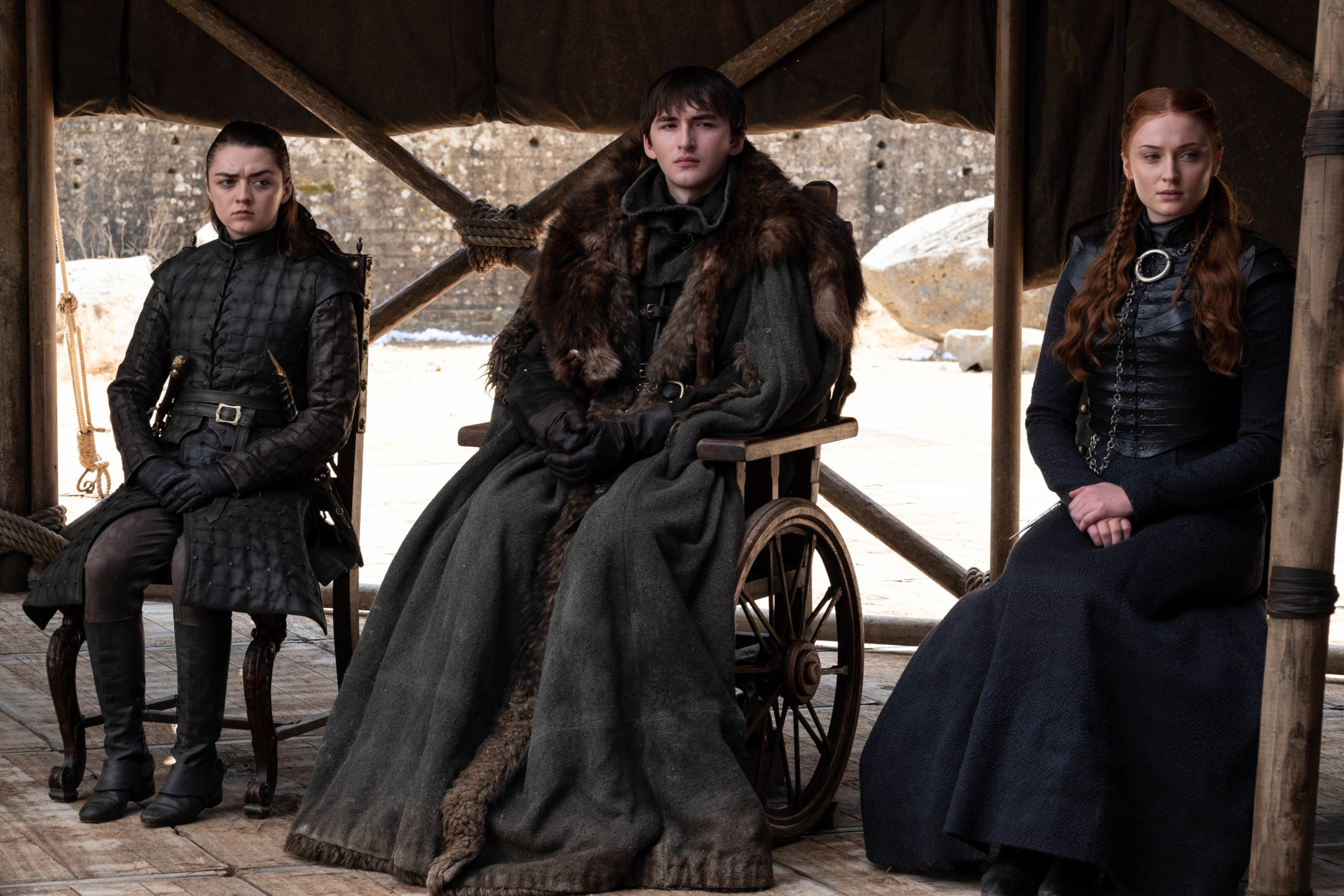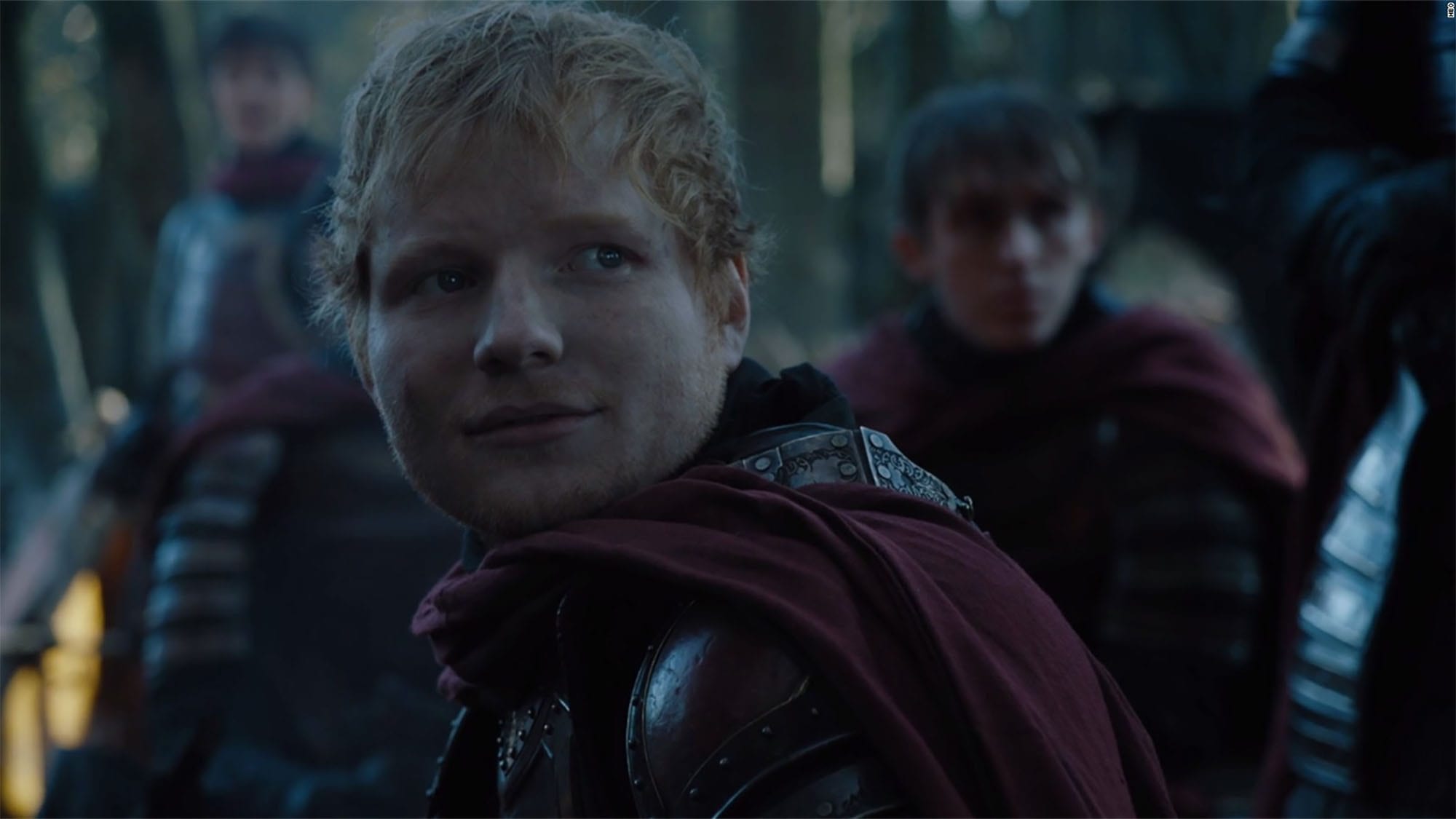
Were the ‘Game of Thrones’ sex scenes abusive?
As we pop our corn and pour libations for the umpteenth rewatch of our favored Westerosi saga, Game of Thrones, there’s an awkward elephant in the room – the unsettling Game of Thrones sex scenes. Scandalous, wild, and uncensored – they caused quite the stir – but a deeper question lingers. Were they just racy television or did they cross the line into abusive situations for the actors? Join us as we delve into this darker side of the Seven Kingdoms, preparing ourselves for a potentially discomforting journey tarnishing our view of TV’s ultimate prestige offering.

Confronting the irksome elephant
From a Berseker-like fandom’s fervor erupted a veritable maelstrom of discourse surrounding the Game of Thrones sex scenes. An expansive digital “sweat of the theatre” teemed with neophytes and cognoscenti alike, drawing the line of decency variedly and sparking debates that threatened to eclipse the very splendor of the Seven Kingdoms. A grim shadow cast across social media, forum threads, and think-piece sands.
In the unforgiving light of Me Too, the show’s portrayal of sex came under intense scrutiny – and rightly so. The disquieting din of public opinion echoed the unease of the show’s stars. The game of thrones sex scene search query belches out staggering statistics, further testament to the discomfiture many felt regarding the explicit scenes. Quiet whispers transformed into brazen bellows, demanding answers and accountability.
Plenty of players on the Game of Thrones chessboard have voiced their discomfort. The experiences of Emilia Clarke (Daenerys Targaryen) and Sibel Kekilli (Shae) serve as poignant examples of the toll these scenes took. Despite assurances of respectful filming practices, the actors’ accounts paint a tapestry more Dickensian than Shakespearean – with abundant hues of exploitation.

Dark shades of controversy
“Game of Thrones”, oft-lauded for its unflinching realism and complex characters, finds itself facing accusations of mishandling its sex scenes. The desire for authenticity morphs into a dialogue on consent and agency. Is it edgy artistry or uncensored exploitation? The confessions from the cast have stoked this veritable wildfire of contention.
Unsettling revelations from Emilia Clarke and Sibel Kekilli ignited a collective gag of sympathy from their supporters. Clarke described feeling overwhelmed, articulating her distress at performing nude scenes saw her drinking in solitude before shoots. Kekilli, meanwhile, poignantly detailed her anxiety about fans conflating her character with her personal identity – a parable of the exploitative “Game of Thrones” sex scene.
Sadly, the controversy did nothing to douse the underbelly of our fascination with voyeuristic verity. Googling “game of thrones sex scene” continues to yield millions of results – a grim testament to our collective culpability. As we grapple with this damning truth, we’re left questioning the wider impact on popular culture and the clear delineation between art and exploitation.

A seductive line crossed
When the rumblings of discontent about the Game of Thrones sex scenes began to spill over into the mainstream media, the industry took notice. Questions of exploitation gained traction, leading to calls for change. Yet, despite this, the show maintained its high viewership and critical acclaim. The allure of the narrative seemed to eclipse the controversy, allowing us a certain, perhaps culpable, detachment.
Juxtaposing the raw reports from the likes of Clarke and Kekilli against the insatiable demand for each salacious episode tells a chilling tale. It’s a tension that straddles the 21st-century’s zeitgeist: empathy versus entertainment. And the reality is just as stark as any Game of Thrones plot twist. Our engagement with the term “Game of thrones sex scene” is not without its moral undertones.
As we engage in the elaborate masquerade of fandom, we must ask ourselves: How far is too far? The line between ethereal fantasy and stark reality becomes blurred, and the echo of the Game of Thrones sex scene reverberates long after the credits roll. The specter of exploitation, once revealed, is hard to ignore, casting an eerie shadow over our viewing pleasure.

Illuminating the shadows
A final curtain call on the Game of Thrones sex scene debate demands a sober reckoning. Revelations of discomfort expressed by actors such as Emilia Clarke and Sibel Kekilli serve as a wake-up call, that the pursuit of gritty realism should neither compromise the safety nor the dignity of those bringing these narratives to life. As fans, we can relish in the drama without forgetting the human experience behind each scene. Let’s be real, the Game of Thrones may be a sinuous saga of power play and fire-breathing dragons, but its ultimate legacy lies in the enduring narratives it sparks off-screen. As we construct our Westerosi sandcastles in the sky, we shouldn’t permit the glare of the spectacle to blind us from confronting the disquieting realities that lie beneath the surface.



